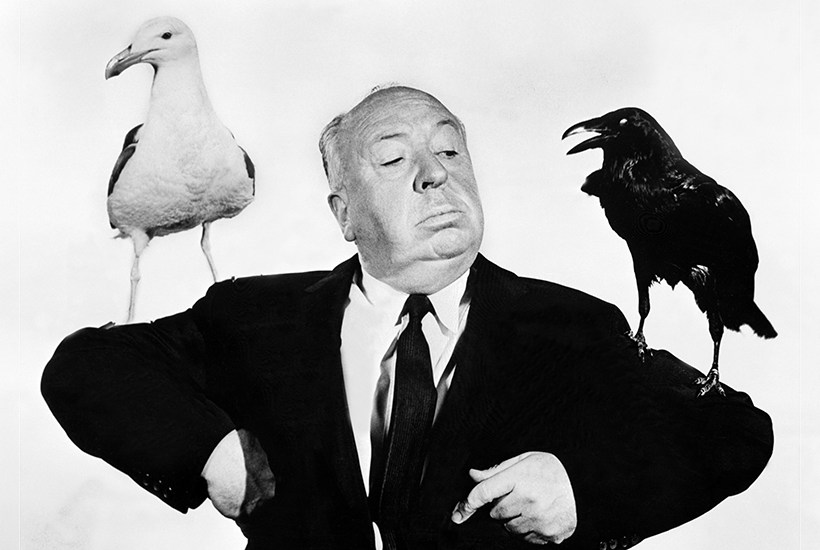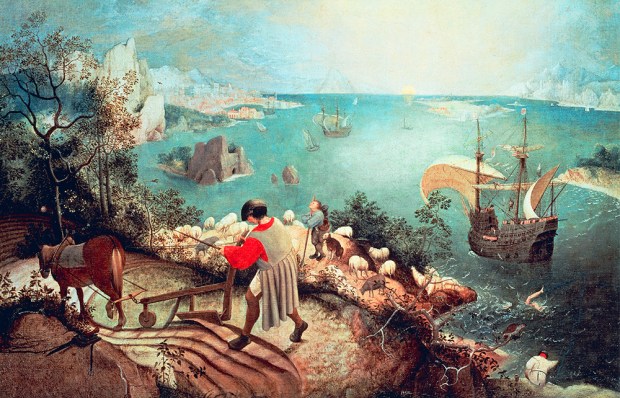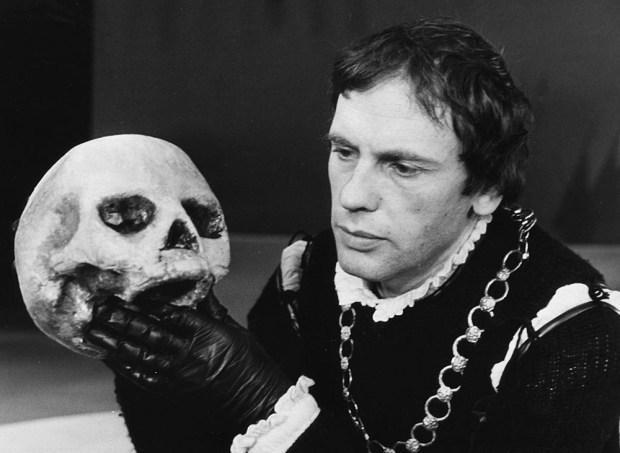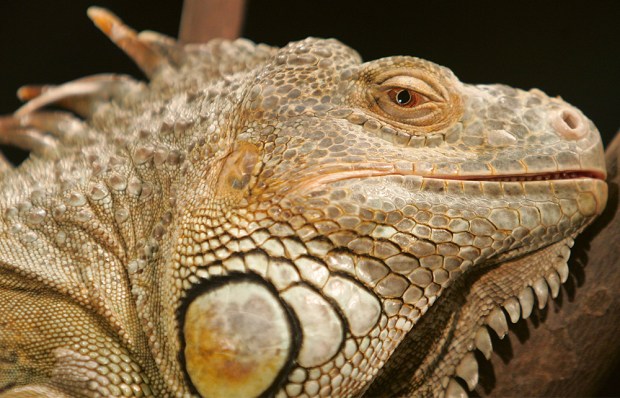In Competition No. 3192 you were invited to submit a short story that features an animal (or animals) taking revenge on humankind.
The spur for this challenge was John Gray’s engaging and insightful book Feline Philosophy, which alerted me to Patricia Highsmith’s short story ‘Ming’s Biggest Prey’, about a Siamese cat who eliminates a human rival for his mistress’s affections. An inventive and lively entry included tales of vengeful snails, beavers and silverfish. Honourable mentions go to Moray McGowan, Timothy Clegg, Chris Ray, Nick Syrett and J. Harries. The winners are printed below and earn their authors £30. Bill Greenwell pockets a bonus fiver.
One morning, after embarrassing dreams, Gregor Samsa awoke to find himself transformed into a miniature human. How can this be, he thought. Only yesterday I was giving coleopterans a good name, turning food waste and excrement into nutrients, taking part in pollination rituals, and eating bevies of aphids. Or had he been dreaming, uneasily, that he was a cockroach? What a conundrum! Outside the door, he could hear his parents and sister, anxiously scratching. Oh dear, he thought, I’ll be late for the dung-heap… Oh! Wait a minute! He looked up to see two large street weevils manoeuvring a magnifying glass above his head. At that very moment the sun’s beams came warmly through the half-open curtains, and Gregor smelt himself singeing. ‘Take off his arms,’ said the larger weevil, and blew flour from its snout. ‘That’ll be fun.’ Gregor closed his eyes, and waited for an inevitable extinction.
Bill Greenwell
Demonised for centuries by humankind, these much-maligned creatures decided to take revenge. Their plan, inspired by Hitchcock’s Birds, differed slightly. There would be no violent attacks or direct physical contact. Strict social distancing was essential to avoid catching some human disease. Instead they would leave their hidden hideouts, brave the daylight hours and swarm like locusts wherever people met apart from their homes making their lives intolerable. With commerce crippled and normal activities brought to a standstill, the terrified humans would willingly opt for self-imposed lockdowns inside their houses without the need for enforcement or fines. If the tactics worked, others might be persuaded to join them. Wasps, for example, equally hated by humans, could roll out a programme of jabs with countless successive boosts. At an extraordinary union meeting the plan was accepted. ‘If the birds can wreak havoc,’ their leader declared, ‘then so can we bats!’
Alan Millard
I was a dog, but belonging to the laboratory, not his. Nevertheless, he fed me, excited me with anise, disincentivised me with electrodes: it was the golden age of vivisection, shortly after the several holocausts of World War Two demonstrated the triumph of science over ethics. He pushed me, on pain of Pavlovian punishment and a dash of public-school sadism, to and beyond my behavioural limits. For him I eschewed lamp posts for urinals, genuflected to felines, affected veganism. In time, he demanded the impossible. I attempted art, flight, even needlework. When he demanded I speak, something within me rose up and I did, incessantly. Ecstatic, he exhibited me at a conference. But I spoke exclusively to him, his colleagues hearing only barking. Consigned to a dog-friendly asylum, he now spends his days, hands over ears, barking to blot out my unceasing enumeration of scientifically justified human cruelties.
Adrian Fry
‘Father, the dove has returned! With an olive branch in its beak!’
‘At last, praise the Almighty… an olive branch?’
‘Yes, Father! Proof that the flood has receded. Is something wrong?’
‘Well… it’s just that we ate that dove’s mate for dinner last week.’
‘I know, Father, but stores are low, and we have more doves. I mean, it was them or the elephants.’
‘Are you sure it’s an olive branch?’
‘What else could it be?’
‘It resembles a leaf from a distant country with a great waterfall… goodness, the current’s strong here, isn’t it?’
‘I’ll let some of the animals out for a swim, we’ll travel lighter.’
‘Listen to those lions roar! That is the lions, isn’t it?’
‘It must be. I’ll steer where the dove leads us. Shall we organise a feast of thanksgiving, Father?’
‘No, not all that fuss yet. We don’t want to go overboard.’
Janine Beacham
It was not the alien invasion that anyone had anticipated: no little green men, no monstrous tripods dispensing death rays. It had never occurred to the scientists at Nasa or Roscosmos that the soul of a living creature could escape its corporeal limitations and, in the mysterious void of space, take on a new form; that it could transmogrify and multiply, sucking energy from cosmic radiation and dark matter in defiance of known laws of physics to become something other. It was nearly 64 years since she had ‘broken the bonds of earth’ only to experience pain and physical extinction alone and in abject terror, no familiar voice or soothing hand to offer comfort and companionship. But now her essence was back in the form of a vast and intelligently motivated gas cloud racing towards Earth (from the direction of Sirius, ironically enough). And Laika was angry. Very angry.
Joe Houlihan
No. 3195: make mine a double
Fay Weldon once suggested writers should write two versions of their books, a meaty, more high-minded one for print, and a racier mass-market page-turner for Kindle. You are invited to provide an extract from the more accessible digital version of a well-known literary novel (please specify). Please email entries of up to 150 words to lucy@spectator.co.uk by midday on 14 April.
Got something to add? Join the discussion and comment below.
Get 10 issues for just $10
Subscribe to The Spectator Australia today for the next 10 magazine issues, plus full online access, for just $10.
You might disagree with half of it, but you’ll enjoy reading all of it. Try your first month for free, then just $2 a week for the remainder of your first year.














Comments
Don't miss out
Join the conversation with other Spectator Australia readers. Subscribe to leave a comment.
SUBSCRIBEAlready a subscriber? Log in